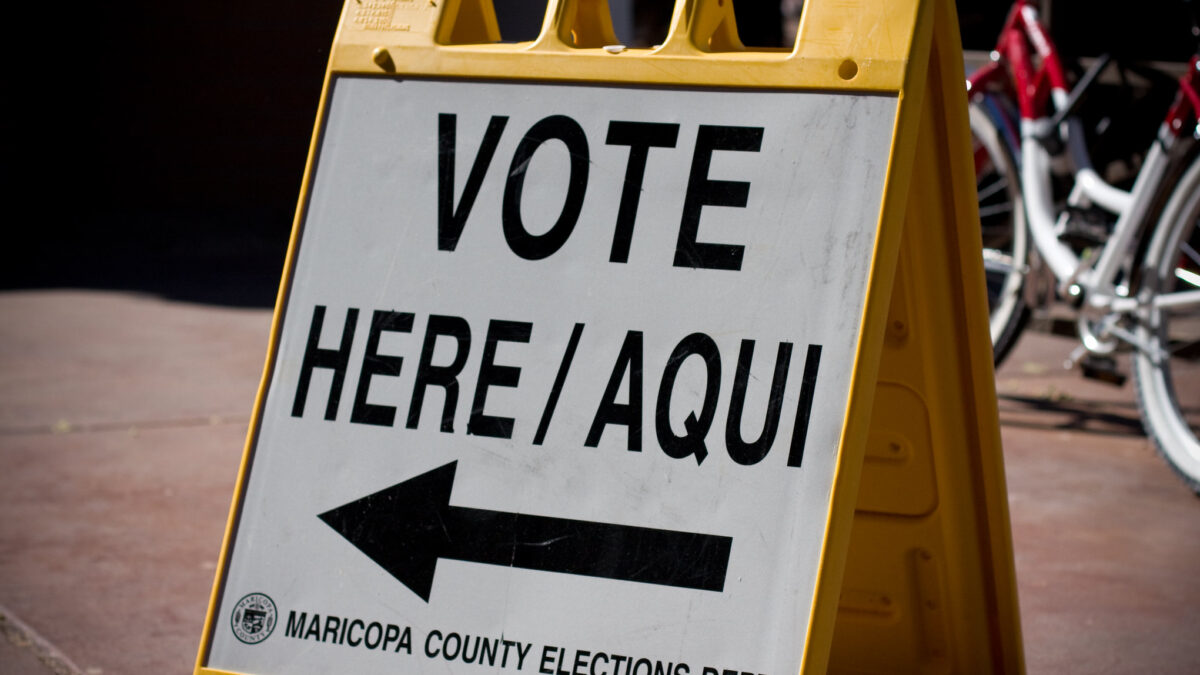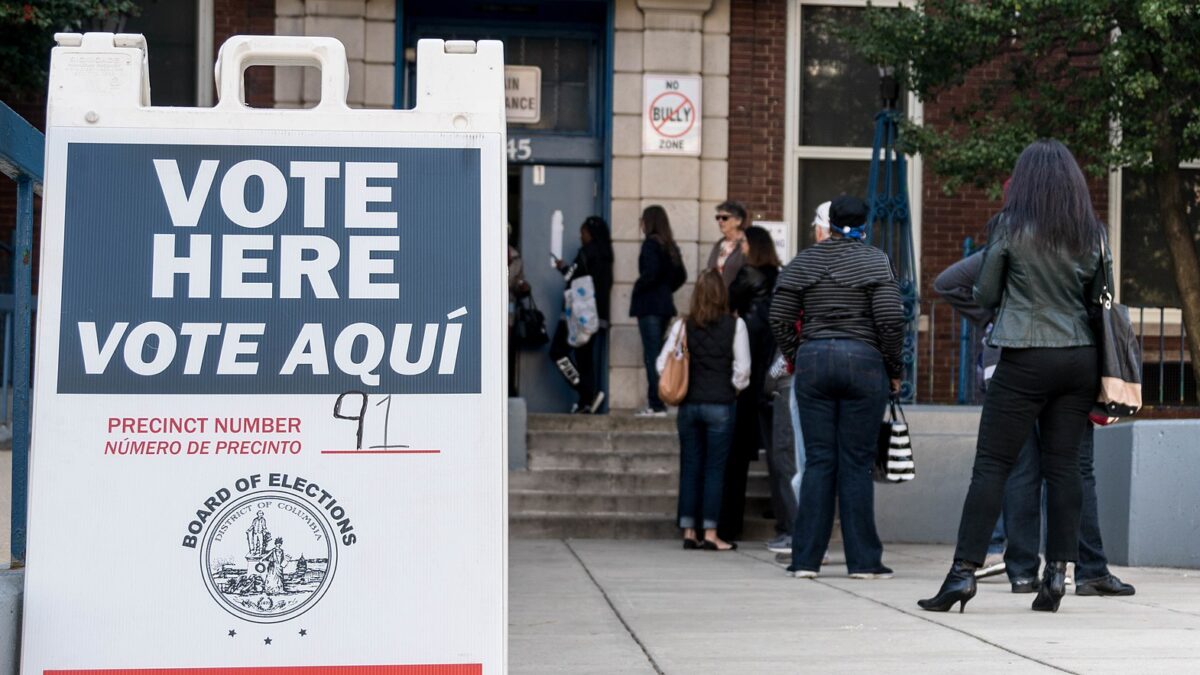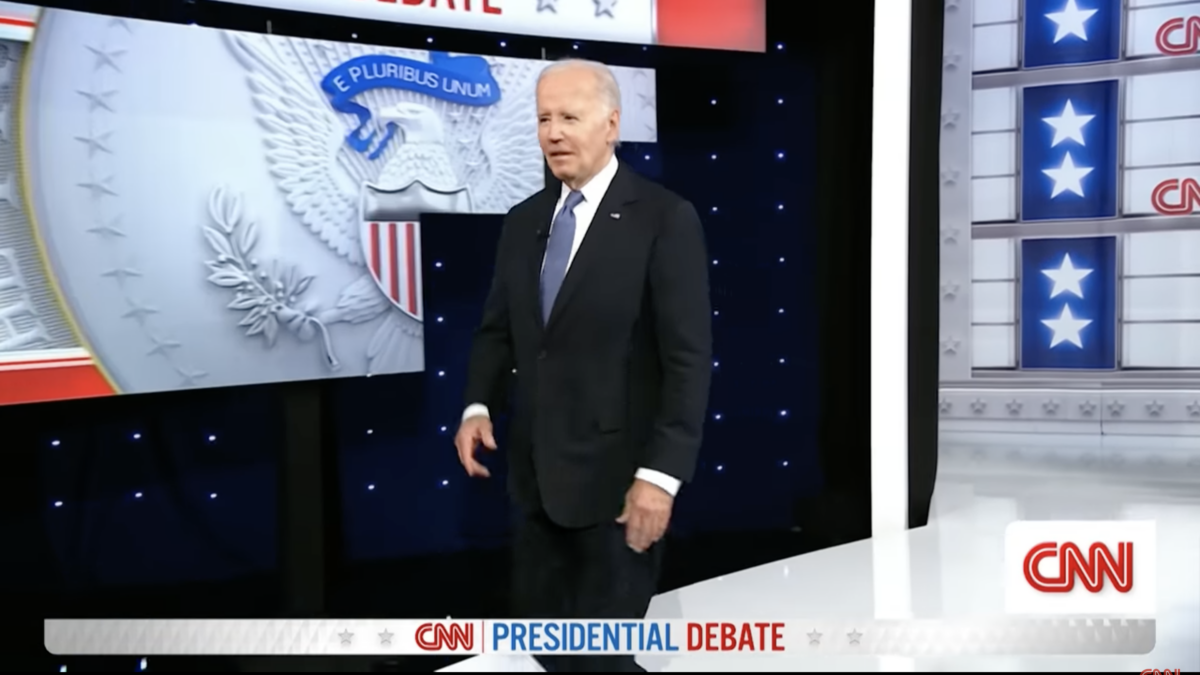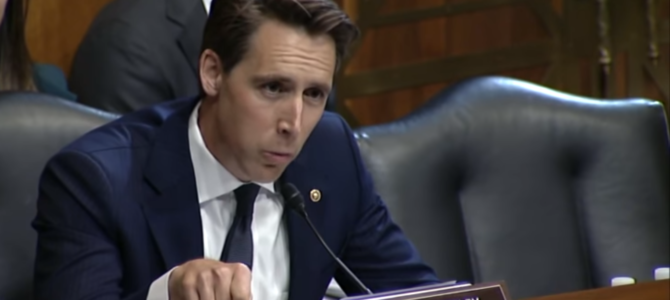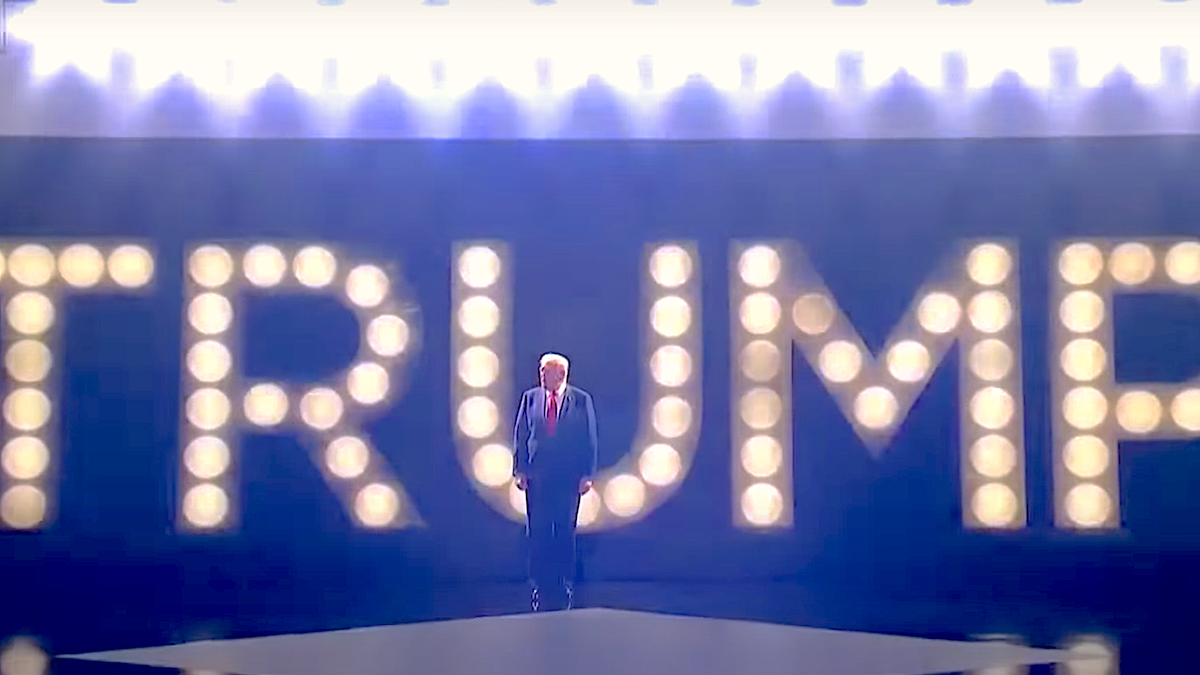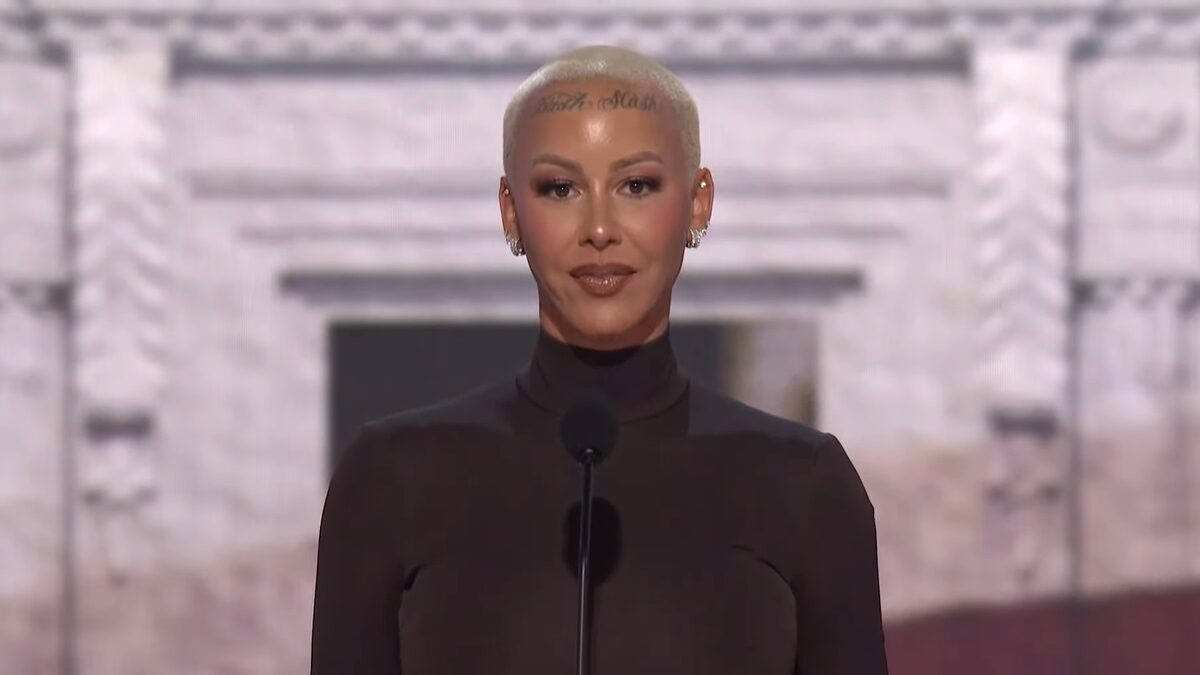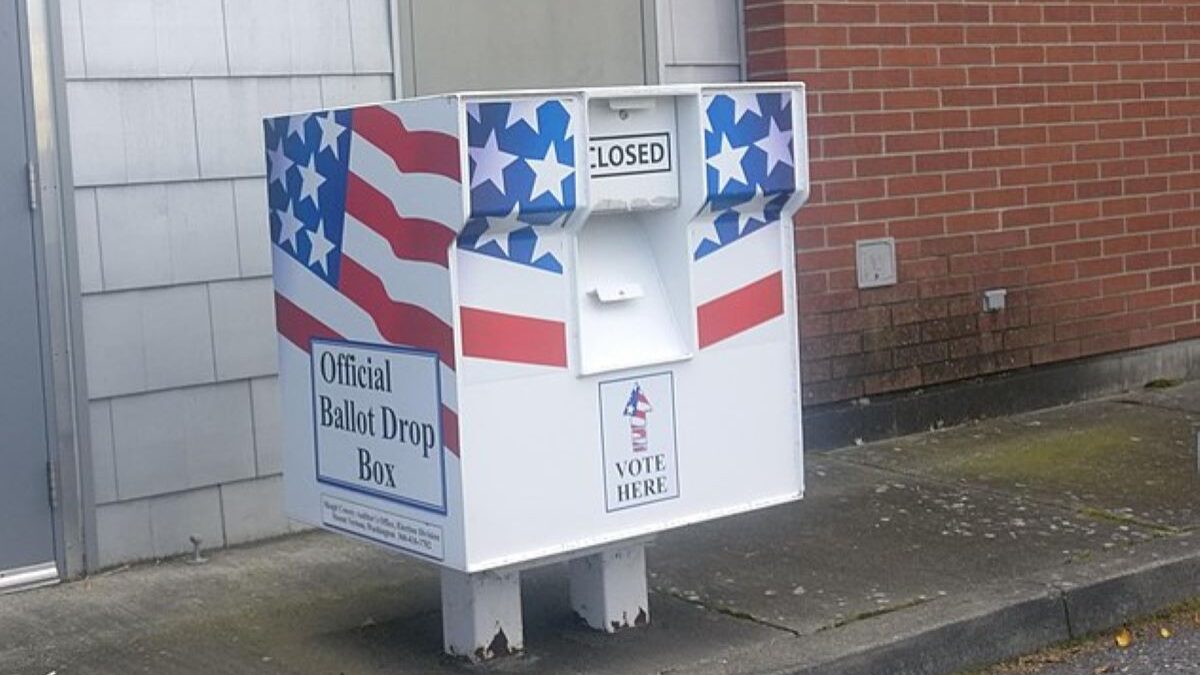
The Wisconsin Supreme Court issued a ruling on Friday that deems unmanned absentee ballot drop boxes illegal under Wisconsin election law.
“An absentee ballot must be returned by mail or the voter must personally deliver it to the municipal clerk at the clerk’s office or a designated alternate site,” the high court said in the 4-3 decision. “The record evidence [the Wisconsin Elections Commission] cited does not support its argument that ballot drop boxes have been in common and longstanding use in this state.”
The Friday ruling from Wisconsin’s highest court came as a result of a June 2021 lawsuit by The Wisconsin Institute for Law & Liberty (WILL) on behalf of state voters, who challenged that the guidance issued in 2020 by the Wisconsin Elections Commission on the use of unmanned drop boxes ran contrary to state law.
“This decision provides substantial clarity on the legal status of absentee ballot drop boxes and ballot harvesting,” said WILL President and General Counsel Rick Esenberg in a statement. “While the question of whether an agent may mail an absentee ballot remains open, Wisconsin voters can have confidence that state law, not guidance from the Wisconsin Elections Commission, has the final word on how Wisconsin elections are conducted.”
Similar lawsuits were also filed back in May by the Thomas More Society against the cities of Milwaukee, Madison, Green Bay, Racine, and Kenosha for their illegal use of unmanned drop boxes during the 2020 election cycle. As The Federalist previously reported, the lawsuits came “after the Wisconsin Elections Commission refused … to launch investigations into the five cities for their use of unmanned drop boxes, despite a January ruling from a Waukesha County Circuit Court judge saying that such drop boxes and ballot harvesting ‘violate state law and cannot be used in the upcoming midterm elections.'”
Beyond the Friday court ruling on WILL’s lawsuit, Thomas More Society attorneys have also charged “that an illegal agreement existed between the Center for Tech and Civic Life [CTCL] and Wisconsin’s five largest cities to pay for and use the legally unauthorized absentee ballot drop boxes in the November 2020 election.” A nonprofit organization funded by Meta CEO Mark Zuckerberg, CTCL played an instrumental role in altering state and local election processes in the lead-up to the 2020 election, with Zuckerberg and his wife donating upwards of $400 million to the group.
Analyses on the use of “Zuckbucks” in 2020 have found that CTCL’s funding was heavily skewed towards states’ Democratic regions, making it effectively a partisan get-out-the-vote operation for the left. According to figures from the Capital Research Center, for instance, Wisconsin received approximately $10.1 million during the 2020 election cycle, with “9 of CTCL’s 10 largest per capita grants” going to cities won by Joe Biden.
As noted by the Thomas More Society, “Under the Center for Tech and Civic Life’s ‘Wisconsin Safe Voting Plan’ dated June 15, 2020, the Zuckerberg funded organization transferred $216,500 for absentee ballot drop boxes to be used in the five cities,” with the “agreement signed by the center and the mayors of Milwaukee, Madison, Green Bay, Racine, and Kenosha, clearly stat[ing] the intentions to purchase the legally unauthorized unmanned drop boxes.”
“Obviously, the Center for Tech and Civic Life, the Wisconsin Elections Commission, and the Wisconsin 5 mayors were in cahoots to purchase and use the illegal drop boxes in the November 2020 election,” said Thomas More Society Special Counsel Erick Kaardal. “Now, all the Wisconsin state courts need to do to clean up Wisconsin elections is to follow the money associated with the privately financed legally unauthorized drop boxes.”
As of June 2022, more than 20 states have passed laws to ban or restrict public officials’ use of private funds when conducting elections.
This article has been corrected since publication.


